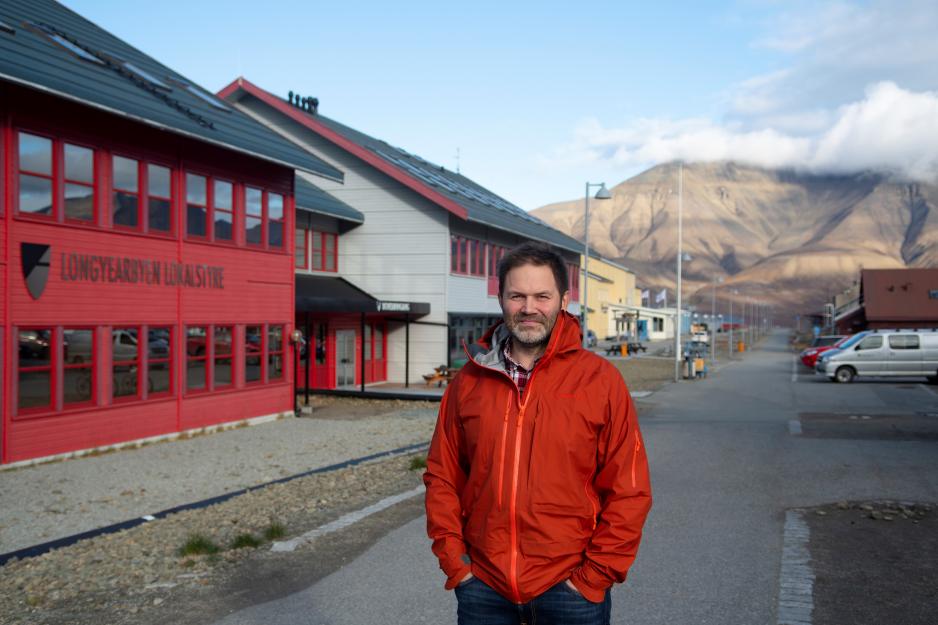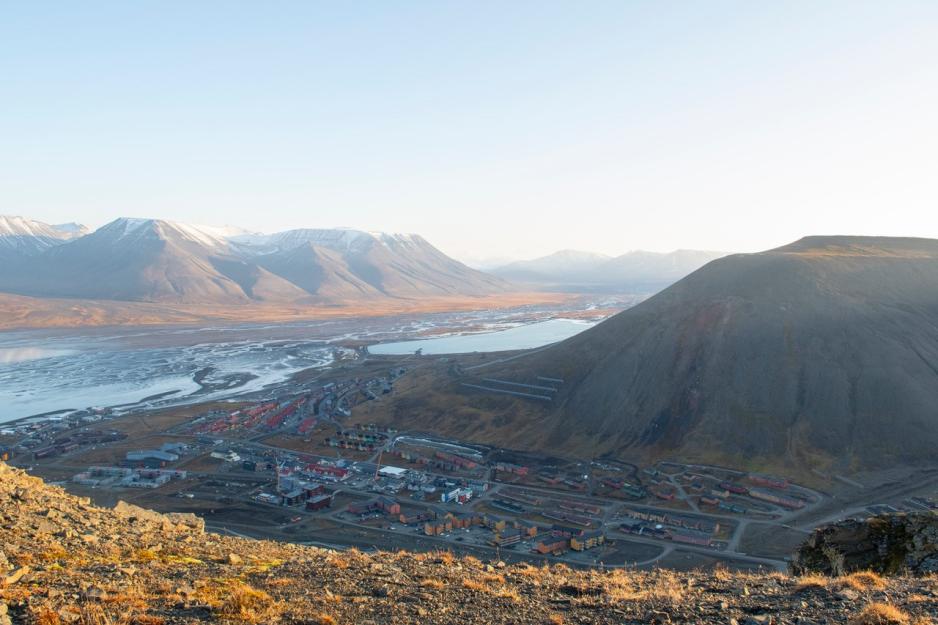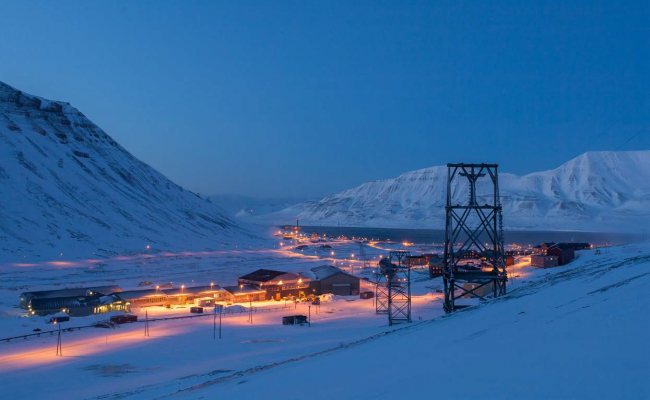Wants to Change Voting Rights in Svalbard: “Very sudden”, Says Local Council Leader

Arild Olsen, leader of Longyearbyen Local Council and Labor politician. (Photo: Line Nagell Ylvisåker)
The Norwegian government wants to tighten regulations when it comes to foreign citizens’ right to vote and eligibility for Longyearbyen Local Council, requiring three years’ residency in a mainland municipality.
The Norwegian government wants to require three years’ residency on the mainland for any non-Norwegian citizens in order for them to hold voting rights and run for election for Longyearbyen Local Council, says a press release from the Norwegian Ministry of Justice and Preparedness.
Foreign citizens have so far been allowed to vote and stand for election after three years’ residency in Longyearbyen. This arrangement has been in place for nearly 20 years, following the establishing of the Local Council. Now, many people may lose their voting rights. The government argues that the proposal is due to a.o. increased direct in-migration from abroad.
Longyearbyen Local Council leader Arild Olsen (Labor) is worried about the consequences of the proposal for the local community in Svalbard. Speaking with High North News, Olsen makes reservations due to his not having read through the entire hearing note.
May cause division
“I fear this may in a longer-term perspective cause a greater divide between those who have a right and those who do not. Having a right, be it as employee or when it comes to voting, makes a difference to people. Over time, one may ask whether the understanding for the society one lives and works in crumbles because one has fewer rights than others, the local council leader says.
“Separate societal structures may emerge that are less transparent and hard to manage for local as well as national authorities”, Olsen says and adds that this, in turn, may become a problem for Norwegian Svalbard policy.

A key goal with the Norwegian Svalbard policy is to maintain Norwegian society in Svalbard. (Photo:Line Nagell Ylvisåker)
Local Council Leader Olsen says the government’s proposal came very sudden for both local authorities as well as the Svalbard population.
“The proposal’s being sprung upon us all of a sudden and without our knowing about it beforehand is problematic. We understand that it has caused reactions amongst the local population. We would have liked to be introduced to the proposal before it was submitted so that we could have given a clearer signal and prevented discussion on the wrong terms. Whether or not you like its contents, it is important for all to understand its actual content.”
“If the draft currently on hearing is adopted, transition schemes should be facilitated. We have many people here who have voted and been politically active for years, and the proposal thus appears unreasonable to many”; Olsen adds
He says in closing that he does not consider the proposed draft a violation of the Svalbard Treaty.
“It is within the mandate of the Treaty and not a violation, just a practical approach to it.”
Direct in-migration from abroad
In its press release, the Ministry of Justice and Preparedness writes that the introduction of local democracy in 2002 was a natural consequence of the transition away from the former “company town” model. “It was a goal to afford Longyearbyen the same governance model as other Norwegian local communities. Most people who lived in Longyearbyen then had some form of affiliation with a mainland municipality. This is no longer the case.”
“In recent years, there has been significant in-migration to Longyearbyen directly from abroad, and there is currently a high number of inhabitants who have no affiliation with the Norwegian mainland.”
“This has led to a natural evaluation of whether the framework set for voting rights and eligibility for local council back in the day still is appropriate. After a thorough review, the government now proposes introducing a requirement about three years’ residency in a Norwegian mainland municipality for non-Norwegian citizens in order to have the right to vote and be eligible for Longyearbyen Local Council”, says Justice and Preparedness Minister Monica Mæland.
“Another reason why the government wants a mainland residency requirement for eligibility to the local council is the fact that people then have contributed to funding public services in Longyearbyen. Longyearbyen Local Council does not hold taxing authority and public welfare in Svalbard is mainly funded through the national budget”, Mæland adds.
The hearing deadline for the proposal is 25 October 2021.
Also read
This article was originally published in Norwegian and has been translated by HNN's Elisabeth Bergquist.



